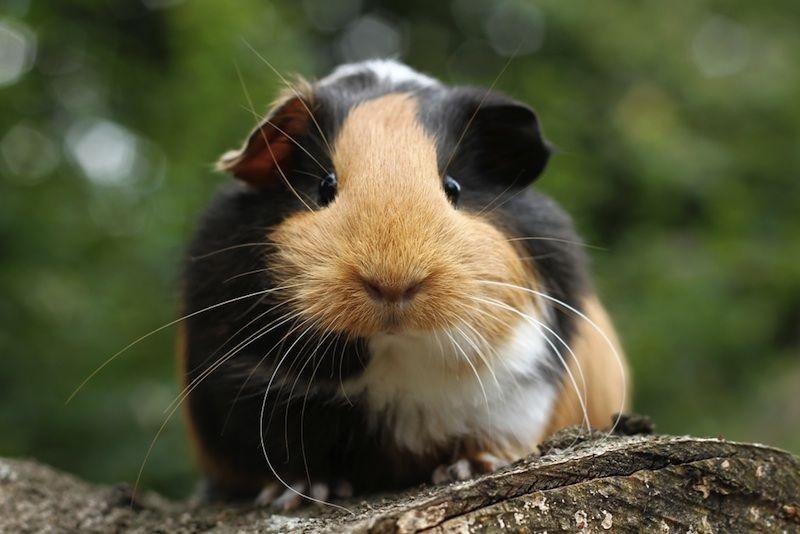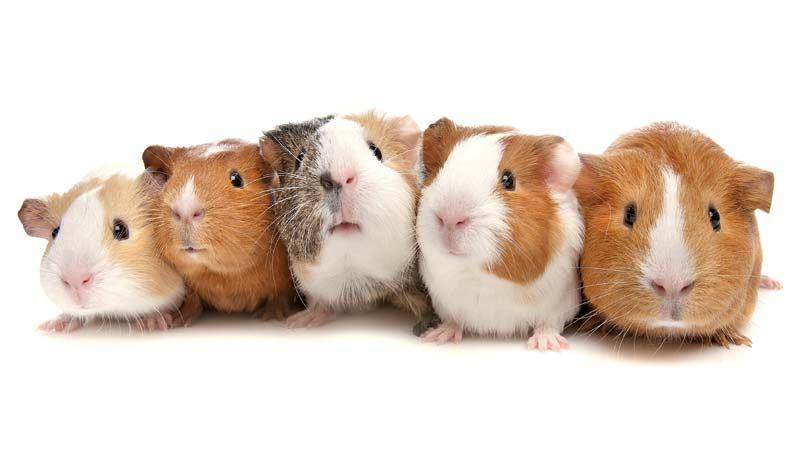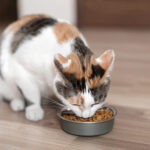When it comes to caring for our beloved pets, ensuring their health and happiness is always a top priority. Among the myriad of choices available for treats, the question often arises: can guinea pigs enjoy raisins? These sweet, chewy morsels, beloved by many, raise curiosity and concern among guinea pig owners.
In this article, we will explore the world of guinea pig nutrition, examining whether raisins can be a safe and enjoyable treat for your furry friend. Along the way, we’ll uncover the do’s and don’ts of guinea pig treats and highlight the best options to keep their diet balanced and healthy. Join us in navigating the delightful yet complex terrain of guinea pig enjoyment, ensuring that we make informed choices for our small companions.
Understanding Guinea Pig Nutrition and the Role of Treats
Guinea pigs are herbivores with specific nutritional needs that must be met to ensure their health and vitality. A balanced diet for these adorable rodents mainly consists of high-quality hay, fresh vegetables, and specially formulated pellets. While hay serves as the foundation of their diet, providing essential fiber, vegetables offer a variety of vitamins and minerals. It’s crucial to introduce treats gradually and in moderation, ensuring that they complement their primary food sources without compromising their overall health.
When it comes to treats, choices are plentiful, but owners must exercise caution. Some safe options include:
- Fresh fruit (in moderation): such as small pieces of apple or banana
- Vegetables: like bell peppers and leafy greens
- Commercial guinea pig treats: formulated specifically for their dietary needs
Raisins, while sugary and tempting, should be treated sparingly, if at all. They can lead to digestive upset and obesity if given too frequently. Always consider the nutritional content and potential risks of any treat, ensuring your furry friend enjoys variety without straying from a healthy diet.

The Risks of Raisins: What Every Guinea Pig Owner Should Know
While raisins may seem like an enticing snack for your furry friend, they come with their own set of risks that every guinea pig owner should consider. First and foremost, raisins are high in sugar; excessive sugar intake can lead to obesity and other health issues in guinea pigs. Moreover, their small size and the potential for choking should not be overlooked. It’s crucial for pet owners to be vigilant and moderate any treats that deviate from a guinea pig’s regular diet of hay, fresh vegetables, and specially formulated pellets.
Additionally, some guinea pigs may have food sensitivities or allergies that could result in adverse reactions to raisins. Signs of distress may manifest as digestive upset, including diarrhea, or more severe health issues such as renal complications. To help guinea pig owners make informed decisions, here’s a quick reference table outlining safe versus risky treats:
| Safe Treats | Risky Treats |
|---|---|
| Carrots | Raisins |
| Bell Peppers | Iceberg Lettuce |
| Dark Leafy Greens | Fruits High in Sugar |
Healthy Alternatives: Treats That Delight Without the Dangers
While raisins may tempt your guinea pig with their sweetness, exploring healthier alternatives can ensure your furry friend enjoys treats without the associated risks. Opt for fresh fruits that are rich in vitamins and low in sugar, providing essential nutrients without harming their delicate digestive systems. Consider introducing these tasty options into their diet:
- Bell Peppers: Packed with Vitamin C, they make a crunchy, colorful delight.
- Cucumbers: Hydrating, low-calorie treats for a refreshing snack.
- Carrots: A naturally sweet option that promotes dental health.
- Strawberries: Occasional servings offer antioxidants while being delightfully flavorful.
In addition to fresh produce, small amounts of hay-based treats, which provide fiber and help maintain digestive health, can be safely included. Look for hay cubes or snacks formulated specifically for guinea pigs, ensuring you read the ingredients carefully. To illustrate some nutritious options, here’s a simple comparison:
| Snack | Benefits | Serving Size |
|---|---|---|
| Bell Peppers | High in Vitamin C | 1-2 slices |
| Cucumbers | Hydrating and low-calorie | 1-2 slices |
| Carrots | Promotes dental health | 1 small piece |
| Strawberries | Rich in antioxidants | 1-2 small pieces |

Guidelines for Moderation: How to Safely Introduce Treats to Your Pet
When considering introducing treats like raisins into your guinea pig’s diet, it’s crucial to approach moderation with thoughtful planning. Raisins, while appealing, should only be offered in small amounts due to their high sugar content. Before treating your pet, ensure they are healthy and consult with a veterinarian if uncertain. Start with a tiny portion, observing your pet’s reaction. If they seem to enjoy it without any adverse effects, you can occasionally incorporate raisins into their diet but always in moderation.
To make the treat introduction process safe and enjoyable, adhere to these guidelines:
- Limit frequency: Offer treats sparingly—once a week is a good rule of thumb.
- Watch for signs of discomfort: Be alert for changes in behavior or digestion, which could indicate that they are not responding well.
- Prioritize variety: Balance treats like raisins with healthier options, such as fresh vegetables or specialized guinea pig treats rich in vitamin C.
Below is a simple reference table that outlines treat suitability:
| Type of Treat | Suitability | Comments |
|---|---|---|
| Raisins | Occasional | High in sugar; limit to once a week. |
| Carrots | Frequent | Nutritious; ideal as a daily snack. |
| Leafy greens | Daily | Essential for vitamin and mineral intake. |
Closing Remarks
while the idea of giving your guinea pig a tasty treat like raisins may seem appealing, it’s essential to prioritize their health and well-being above all else. With their sensitive digestive systems, guinea pigs require careful consideration when it comes to their diet. Remember, moderation is key; the occasional raisin, if offered sparingly and in accordance with your vet’s guidance, can be a delightful surprise for your furry companion. However, there are myriad other safe and nutritious treats available that can provide both enjoyment and essential nutrients. By making informed choices and understanding your guinea pig’s dietary needs, you can ensure a happy, healthy life for your little friend. So next time you find yourself reaching for that bag of sweet raisins, take a moment to reflect and opt for a safer alternative that will keep those little hearts—and tummies—content. Happy treating!















